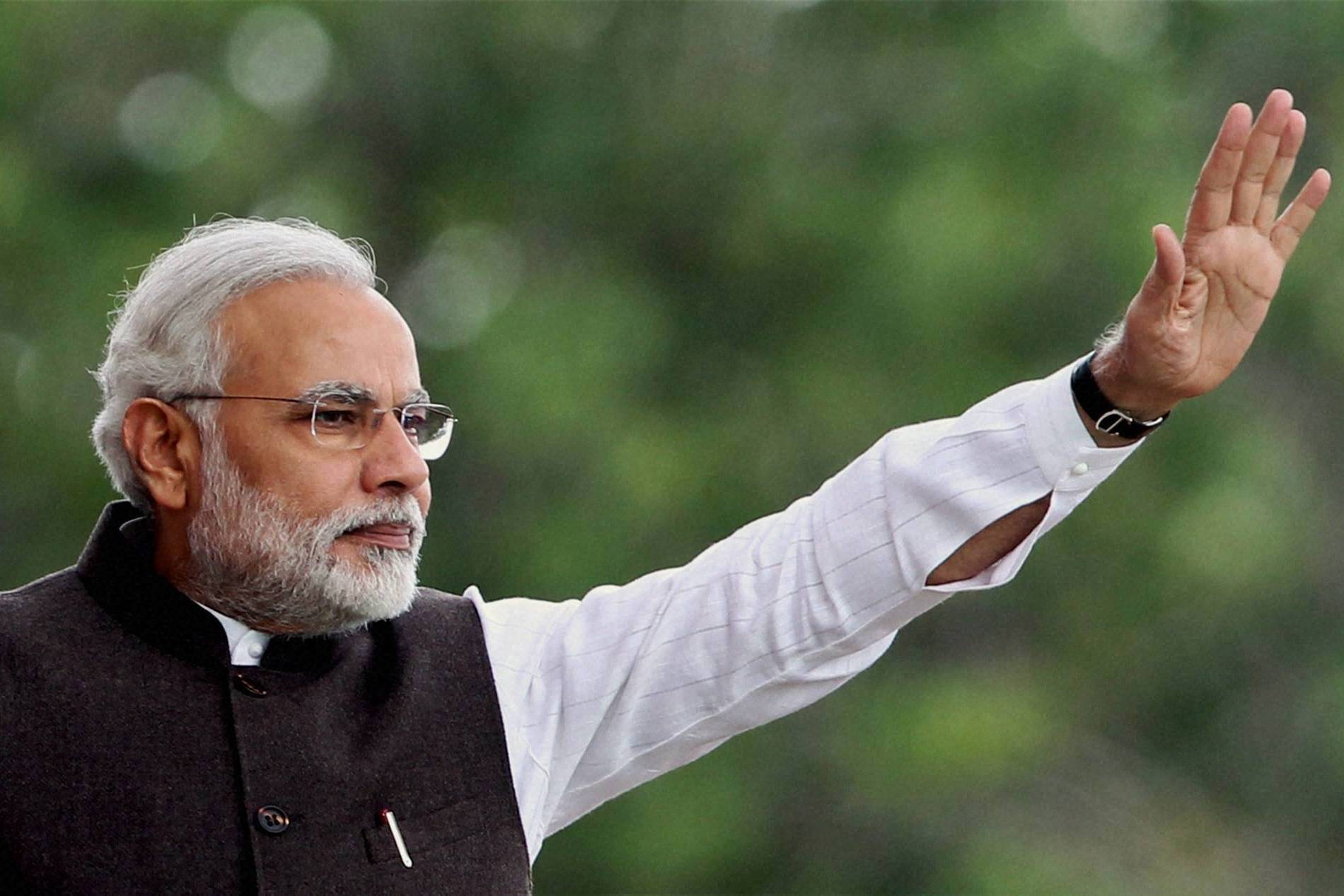A Brief Colonial History Of Ceylon(SriLanka)
Sri Lanka: One Island Two Nations
A Brief Colonial History Of Ceylon(SriLanka)
Sri Lanka: One Island Two Nations
(Full Story)
Search This Blog
Back to 500BC.
==========================
Thiranjala Weerasinghe sj.- One Island Two Nations
?????????????????????????????????????????????????Wednesday, May 28, 2014
“Modi-Fied” India’s Promise To The Subcontinent
By Vishwamithra1984 -May 28, 2014 |
 “You
believe today’s paradigm are not going to change…. Ask the caveman then
if his paradigms changed or not. Think for yourself you lose. Think for
coming generations you win.” ~Sameh Elsayed
“You
believe today’s paradigm are not going to change…. Ask the caveman then
if his paradigms changed or not. Think for yourself you lose. Think for
coming generations you win.” ~Sameh Elsayed The
Indian National Elections that concluded on May 16, 2014 was, in more
sense than one, a landmark victory for democracy. The largest democracy
in the world, both in terms of number of voters and complexity of the
process, India held its National Elections over five weeks, from April 7
to May 12, 2014 but the count was concluded in just a few hours, of
course via electronic devices. A new government and a new Prime Minister were
declared winners, much to the joy of the supporters of the winning
party, Bharatiya Janatha Party (BJP) and its allies and the distress of
the Indian National Congress (INC) and the extended Nehru/Gandhi family.
As in 1977, the Mother/Son combination of Sonia and Rahul Gandhi,
suffered an unprecedented loss, although both of them managed to retain
their respective constituencies unlike in 1977 when Indira Gandhi lost
her Lok Sabha seat to a total outsider. But it was more so at the hands
of the Indian voter than at the whims and fancies of their opponents led
by Narendra Modi and his loyal supporters.
The
Indian National Elections that concluded on May 16, 2014 was, in more
sense than one, a landmark victory for democracy. The largest democracy
in the world, both in terms of number of voters and complexity of the
process, India held its National Elections over five weeks, from April 7
to May 12, 2014 but the count was concluded in just a few hours, of
course via electronic devices. A new government and a new Prime Minister were
declared winners, much to the joy of the supporters of the winning
party, Bharatiya Janatha Party (BJP) and its allies and the distress of
the Indian National Congress (INC) and the extended Nehru/Gandhi family.
As in 1977, the Mother/Son combination of Sonia and Rahul Gandhi,
suffered an unprecedented loss, although both of them managed to retain
their respective constituencies unlike in 1977 when Indira Gandhi lost
her Lok Sabha seat to a total outsider. But it was more so at the hands
of the Indian voter than at the whims and fancies of their opponents led
by Narendra Modi and his loyal supporters.
When the dust settles, who would man
(or woman) Narendra Modi’s Cabinet of Ministers, especially the key
portfolios of Finance and External Affairs, would be answered and the
world at large and the Indian Subcontinent in particular could make way
for new adjustments, if such adjustments are warranted and I am sure it
would be, in the first place. The BJP, whose roots are traced to
Bharatiya Jana Sangh (BJS) which came into being as far back as 1951,
was established in 1980 and widely regarded as the political wing of the
Rashtriya Swayamsevak Sangh (RSS). The founder of the BJS was Syama
Prasad Mukerjee who is considered the godfather of Hindu nationalism in
India. The deep nationalist tinge that the BJP has been painted with is
no accident nor was it a conspiracy of Mukerjee’s opponents,
nationalist or political. Despite the fact that Mukerjee was a hundred
percent product of Bengal, the all-encompassing philosophy of
Ravindranath Tagore, another world-accepted Bengali intellectual and
spiritual leader from the seat of learning of India, Kolkata, did not
seem to have had any secular influence on him and his philosophy of
Hindu nationalism.
Read More
